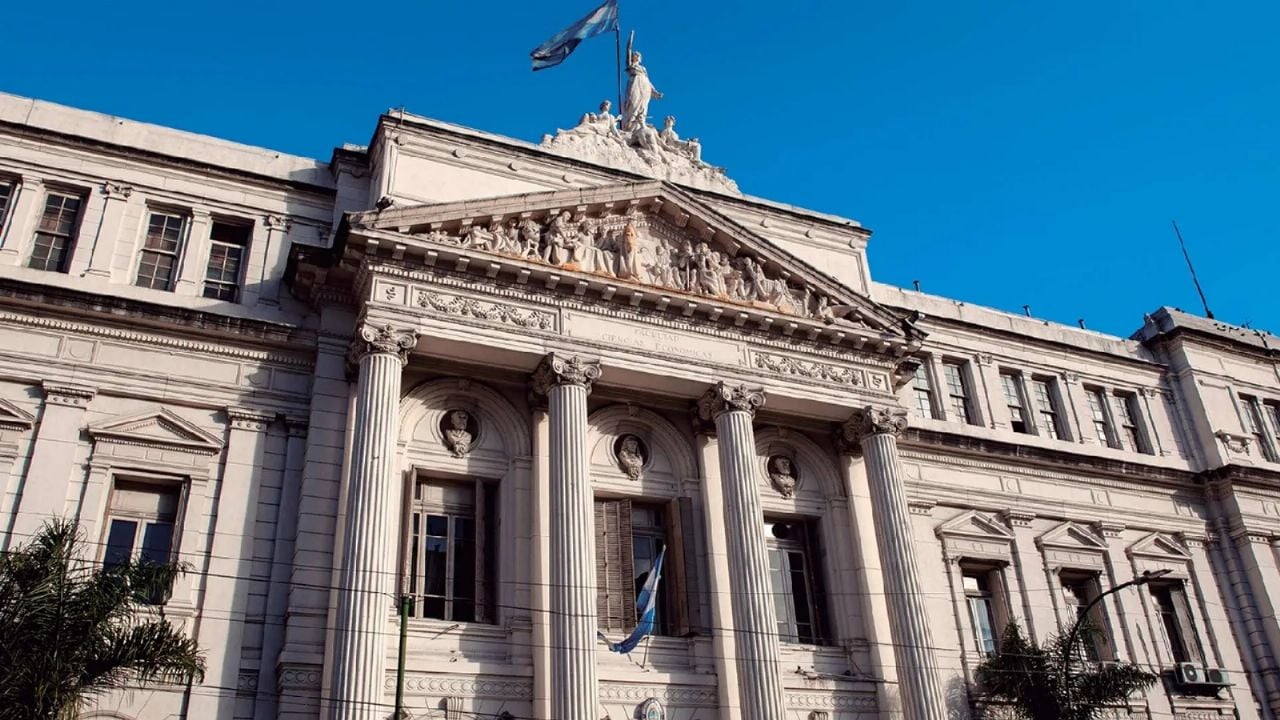The recent refusal of the teaching unions university students to accept the offer of a 6.8% salary increase proposed by the Government has generated a climate of tension and mobilization in the educational field. This decision, which includes the ratification of the university march scheduled for October 2, reflects the widespread discontent among teachers regarding the salary and university financing policies of the current government.
The Ministry of Human Capital described the increase offer as “historic” and “unprecedented,” arguing that it represents a significant effort in the current economic context. However, the teaching unions They consider that this increase is insufficient to compensate for the loss of purchasing power that salaries have suffered since December of last year.
According to data from the Superior Council of the University of Buenos Aires (UBA), teaching salaries have lost between 35% and 55% of their purchasing power in this period. The situation is aggravated by the possibility that President Javier Milei will veto the University Financing Law, recently approved by the Senate with a large majority..
This law is seen by many as a crucial tool to ensure the proper functioning of national universities and ensure the quality of higher education in the country. Given this possibility, the teaching unions They have asked the deputies not to validate the presidential veto, arguing that the law is essential for the maintenance of the university system.

The university march on October 2 is shaping up to be a massive demonstration of rejection of the government’s policies on education and financing. The teaching unions They have called for this mobilization with the aim of making their demands visible and putting pressure on the government to reconsider its position.
The march will feature the participation of teachers, students and other actors in the educational field, and is expected to be one of the largest in recent years. Discontent among teachers is not limited only to the salary issue.

Worry
There is also deep concern about the future of national universities in the event that the veto of the University Financing Law is carried out. This law, which was approved with 57 votes in favor, 10 against and one abstention, establishes a financing framework that seeks to guarantee the stability and development of higher education institutions.
Without this funding, many universities could face serious difficulties in maintaining their operations and offering quality education. The government, for its part, has tried to open channels of dialogue with the teaching unions to deactivate the march and reach an agreement.
follow us on Google News and on our channel instagramto continue enjoying the latest news and our best content.


















